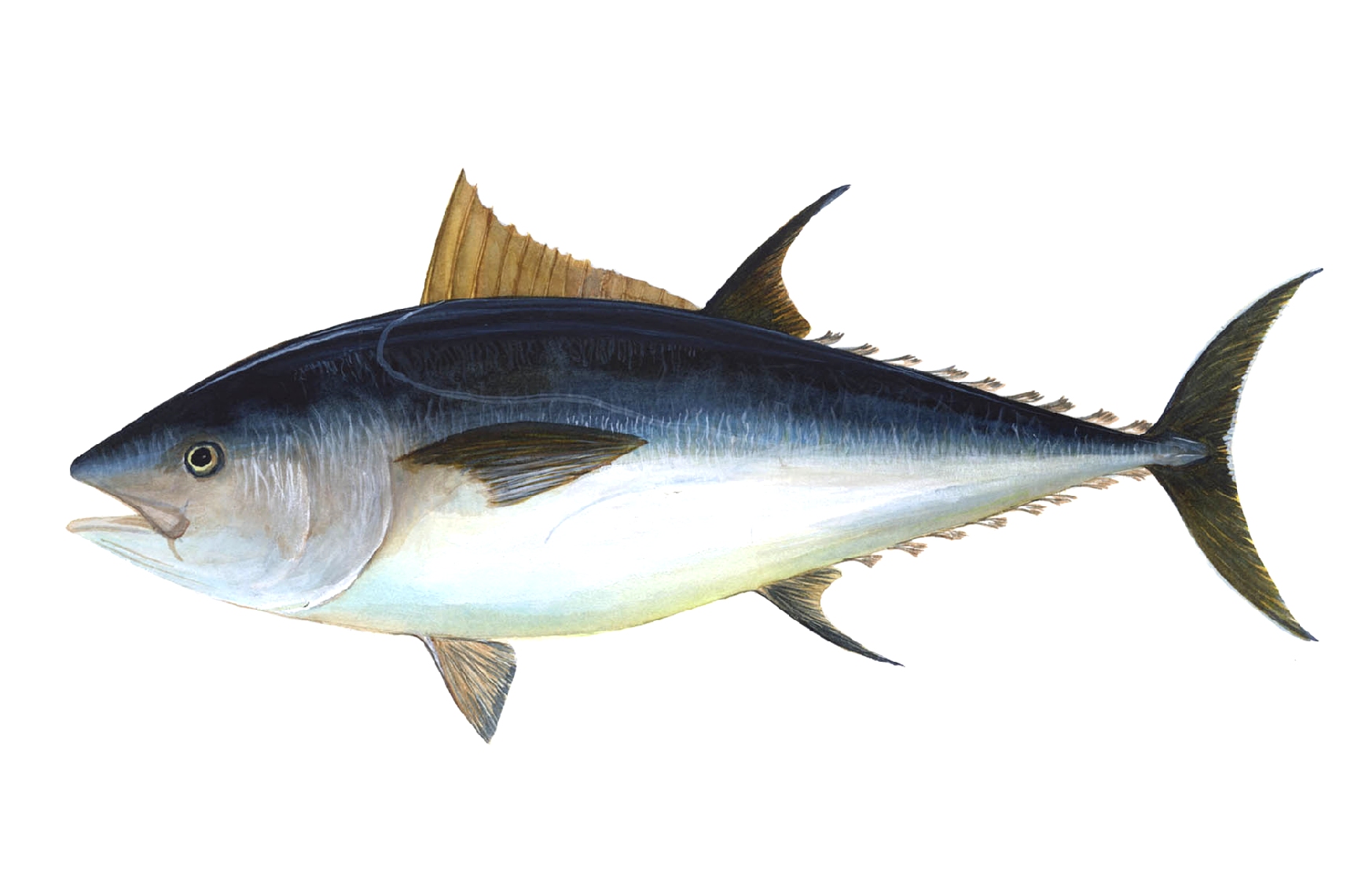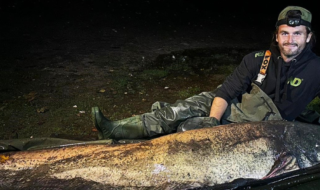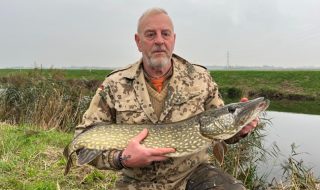DEFRA has announced plans to establish a Bluefin Tuna Catch and Release Recreational Fishery in England in 2024. Stakeholders welcome this but have serious concerns regarding some key aspects of the proposal.
Three of the biggest stakeholder representative bodies in a future recreational bluefin tuna fishery have welcomed the publication by DEFRA of their consultation response and policy proposal setting out the intention to establish a Bluefin tuna Catch and Release Recreational Fishery (CCRF) in England in 2024.
However, they remain concerned the government has not fully taken on board the advice of those groups in key areas of fishery design. This risks a fishery that has minimal management measures in place to ensure its safety and sustainability, and secures high levels of fish welfare and valuable economic benefits.
In the summer of 2023, Defra carried out a 12-week public consultation on the shape and structure of a recreational catch and release bluefin tuna fishery potentially opening in English waters in 2024. The proposals put forward in the consultation were largely based on the knowledge and information gained from the highly successful scientific programme called Chart, which was then in its third year in England, and after extensive and detailed discussions with key stakeholders, including the UK Bluefin Tuna Association (UKBFTA), the Professional Boatman’s Association (PBA), and the Angling Trust.
They included:
The need for the fishery to be licenced in order to meet the requirements of the multi-national tuna management body, ICCAT. This would be the first licenced sea angling fishery in the UK;
The need for participants in the fishery to have the necessary skill level to ensure the safety of the crew and anglers taking part, alongside the need to maximise the post-release survivability of the tuna through prioritising their welfare at all times;
The need for a level of mandatory training for new entrants to the fishery to be able to demonstrate they have the skills and knowledge needed; and
The need for a charge to be levied to obtain a licence to ensure the ongoing funding, management and development of the fishery.
All of these aspects were considered vital if we are to ensure this is a world-class fishery, able to attract oversea anglers, and able to maximise the social and economic benefits to coastal communities, particularly given this fishery would operate “out of season” for many communities dependant on tourism (though the autumn and into the winter).
The consultation received a large number of responses, the overwhelming majority of who supported the bulk of the proposal set out in the consultation. The details in DEFRA’s publication confirm the overwhelming support amongst a cross section of charter skippers, private vessel owners and rank and file sea anglers for a framework that incorporates and ensures the highest standards in key areas such as experience, training and gear mandates critical to angler safety, fish welfare and optimal economic outcomes.
It is therefore unfortunate that Defra has chosen in these several key areas to ignore the wishes of the consultees, and the skippers and anglers who have been part of the CHART programme, and who have the practical knowledge and expertise to operate a sustainable, high-welfare, fishery. Instead, they are proposing the fishery should have no charge associated with the licence, there should be no requirement for new entrants to demonstrate any qualifying skill level or knowledge, that no training will be mandated, and that aspects of the fishery central to standards of welfare and safety should only be part of a voluntary code of conduct.
The next step towards the introduction of a recreational fishery in 2024 is for the government to bring forward a Statutory Instrument to get parliamentary approval and provide the legal basis for the fishery to be able to operate. We expect this to happen in March 2024.
Stuart Singleton-White speaking on behalf of the UKBFTA, the PBA, and the Angling Trust, said, “We have made is clear to Defra that it is possible to deliver a world-class and highly valuable fishery that will deliver huge benefits to coastal communities. We are excited by that prospect and committed to it becoming a reality. It is frustrating that Defra’s response seem counter to the support many of the consultees gave to ensuring just such a fishery from day one. What they propose could compromise that aspiration and risks doing immense damage to the reputation gained through Chart of a well-managed, high welfare catch and release fishery, and the credibility of those taking part. We are determined to not let this happen. And will continue to work with Defra to ensure the clear views of stakeholders and all those who responded to the consultation are incorporated into the final fishery design.”






